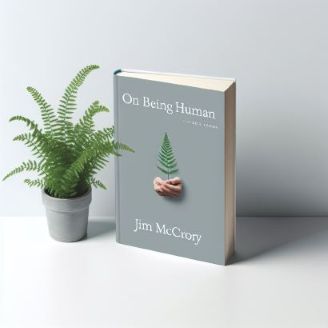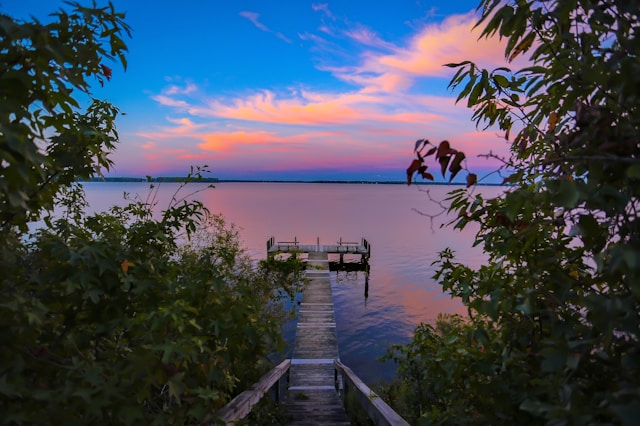
The Ache of Joy
Joy is one of the most abused words in the English language. It’s been flattened and repurposed to describe the trivial: a joyride, a joystick, a throwaway feeling. But true Joy—if we’ve ever known it—cannot be summoned at will. It comes like a ghost, or grace. And when it does, it leaves us changed.
The old Gaelic phrase Tìr an Aigh means “Land of Joy.” It speaks not of this world’s fleeting highs but of something promised. A paradise. A homeland of the soul. You’ll find the phrase buried in hymns and sung in Highland verse—an echo of a people who knew what it was to long for something more, something better than here.
C.S. Lewis understood this longing. He called it Joy, but made it clear it was not the same as happiness or pleasure. It was a desire for something we can’t name—a glimpse of Eden, a pull from beyond the veil. He tells of standing beside a flowering currant bush one summer and being struck—not by memory, exactly, but by a longing for a memory, a desire for something he couldn’t hold. “It was a sensation,” he writes, “of desire; but desire for what?” The moment passed, as such moments do. And yet the longing remained—more desirable than the fulfilment of any earthly wish.
I have felt it, too. Often in the quiet, in the ordinary—a shaft of sunlight across the sea, the cry of geese across an autumn sky, a line from a song that stirs tears from nowhere. It arrives, unbidden and unsought, and disappears before we can catch our breath. What remains is not disappointment, but longing. A yearning for the yearning.
That, I believe, is a mercy.
Because this longing is a signpost. It tells me that the world is not enough. That the brokenness and beauty we live with every day are not the whole story. That Joy, in its true form, is not of this world. Not yet.
The day will come when the door that lets in those sudden shafts of light will open wide. When heaven and earth are no longer estranged but unified under Christ Jesus. When the ache is answered. When the glimpse becomes the landscape. When the memory we never knew we had becomes our eternal home.
That is Tìr an Aigh. That is Joy.
And we are not wrong to long for it.
Have a nice weekend and Go bless you all.
Image created with the assistance of Microsoft Copilot

